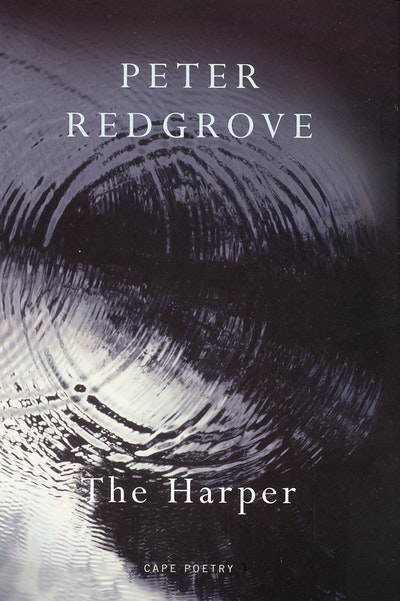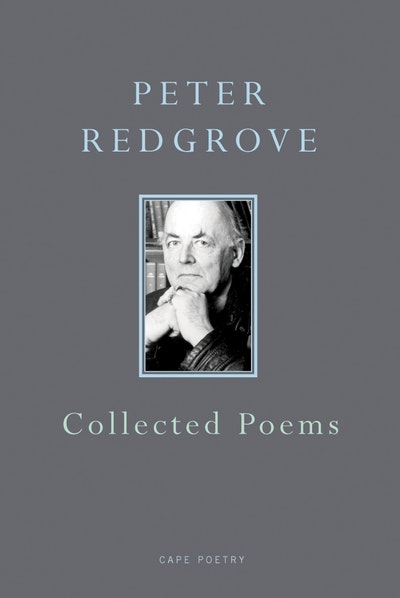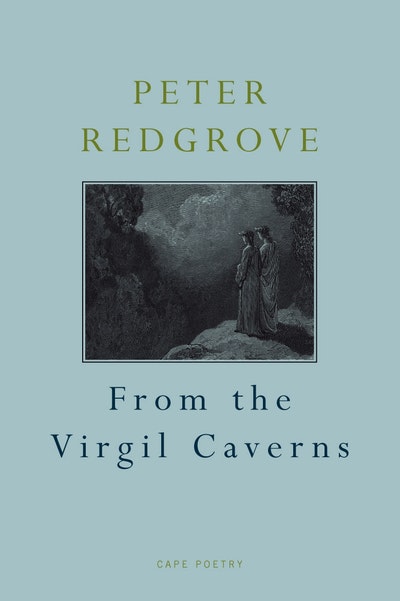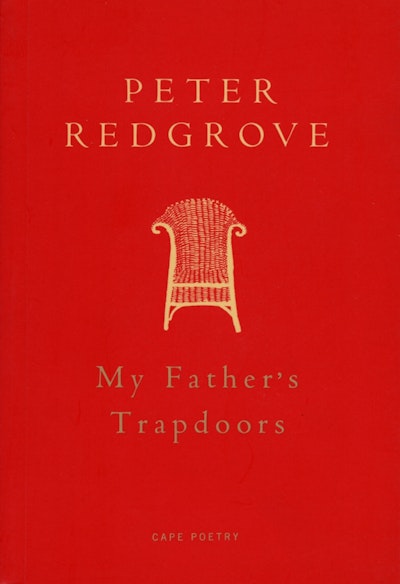[]
- Published: 15 June 2006
- ISBN: 9780224077934
- Imprint: Jonathan Cape
- Format: Trade Paperback
- Pages: 80
- RRP: $32.99
The Harper
Formats & editions
Buy from…
- Published: 15 June 2006
- ISBN: 9780224077934
- Imprint: Jonathan Cape
- Format: Trade Paperback
- Pages: 80
- RRP: $32.99
I would use the old-fashioned term 'genius' of Redgrove
Anthony Thwaite
Redgrove's strengths are a clairvoyant creativity, glittering images and glittering risk...wonderful imaginative leaps of seeing, glancing epiphanies...or sustained surrealities which etch the surprisingness of the world
Ruth Padel
He is recognised today as one of the few poets capable of sustained rapture, a heirophant of alchemical mysteries, chronicler of sexual ecstasies, witness to sensual, synaesthetic delights beyond the reach of most of us
Gerard Woodward
Redgrove is thunderously, exhilaratingly good
Adam Thorpe
Redgrove's language can light up the page
Angela Carter







